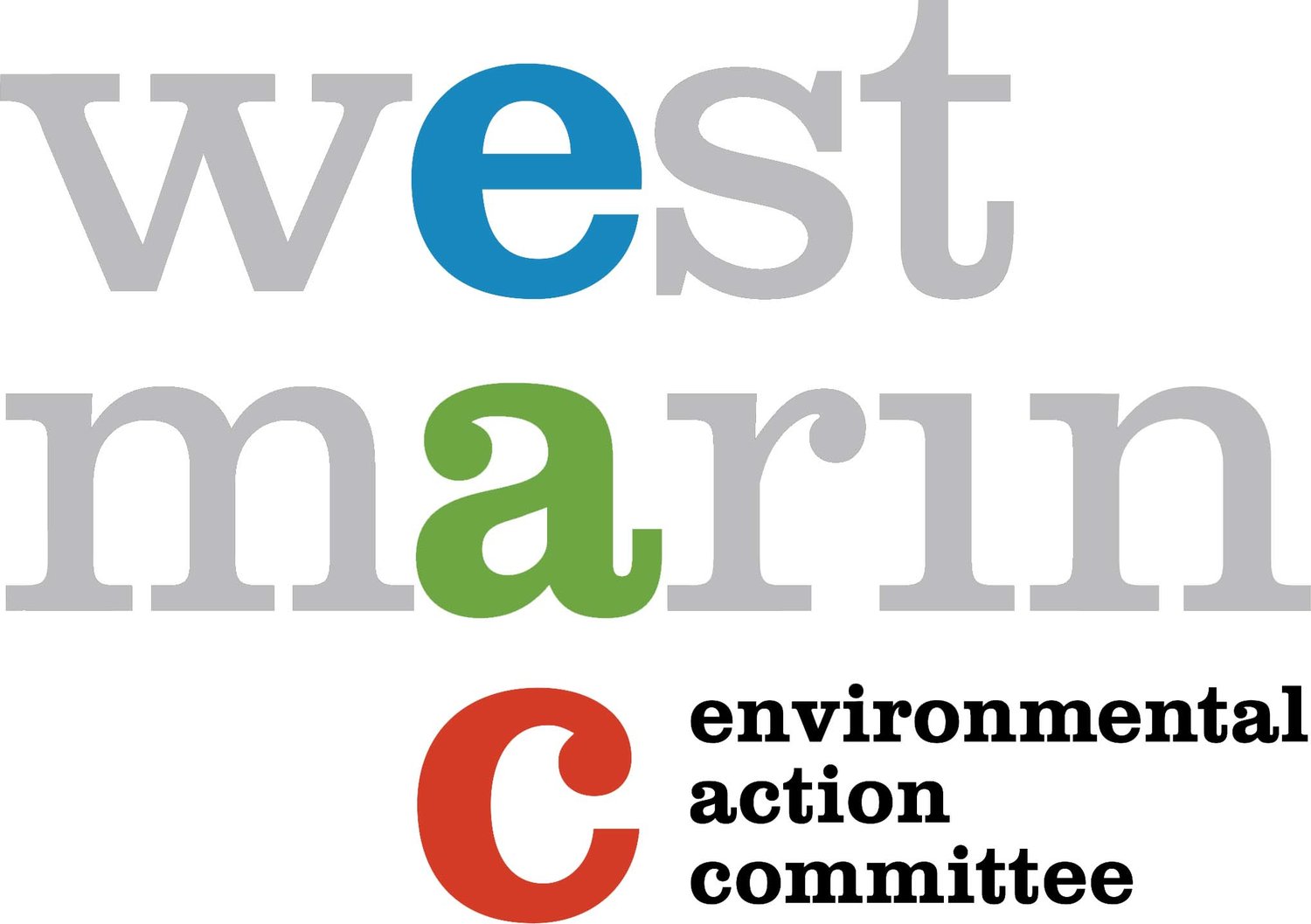National Park Service, Electronic Bike Policy
In August 2019, the National Park Service (NPS) issued Policy Memorandum 19-01 directing Regional Directors, guided by Secretary of the Interior Order 3376, to allow usage of electronic bikes (e-bikes) “where traditional bicycles are allowed. E-bikes are not allowed where traditional bicycles are prohibited, including wilderness areas. Except on park roads and other locations where use of motor vehicles by the public is allowed, operators may only use the power provided by the electric motor to assist pedal propulsion of an e-bike. The intent of this policy is to allow e-bikes to be used for transportation and recreation in a similar manner to traditional bicycles.” Policy Memorandum 19-01
This directive requires that each National Park take action to implement the policies within 30 days of the memorandum. It was promulgated without the process required by the regulatory National Environmental Protection Act (NEPA) that seeks “to declare national policy which will encourage productive and enjoyable harmony between man and his environment; to promote efforts which will prevent or eliminate damage to the environment and biosphere and stimulate the health and welfare of man; to enrich the understanding of the ecological systems and natural resources important to the Nation; and to establish a Council on Environmental Quality.“ 42 U.S. Code § 4321. Congressional declaration of purpose.
This action is part of a growing trend within the current federal administration: choosing to ignore or skip required regulatory processes and oversight in order to enact political agendas that may not be in balance with a majority of Americans.
LOCAL IMPACT
Our National Parks were billed in 2016, as America’s Best Idea by PBS in their six-part documentary that highlighted the work that went into preserving and protecting many of these irreplaceable landscapes. In the Bay Area, we are fortunate to have the Point Reyes National Seashore in our “backyard” that provides thousands of miles of hiking and areas for exploration that balances multi-uses for hikers, equestrian access and traditional bicycles.
Unfortunately, this new policy -- to allow e-bikes where traditional bicycles are currently allowed -- fails to consider impacts that e-bikes may pose to park resources such as: habitat, trail conditions, conflicts with existing public uses, wildlife, and plants. The process set out by NEPA is the appropriate way to engage in a thoughtful consideration of when and where e-bikes should be allowed within our National Parks units.
This e-bike policy prevents both NPS Superintendents and the public from reviewing where it is appropriate to allow e-bike uses and constructing a public planning process to make informed decisions and reduce the potential for negative impacts that could have been averted if proper planning had been in place.
Within Point Reyes National Seashore, this policy opens twelve trails to class I e-bike use. Some of these trails may be appropriate for e-bike use, while other trails that are single track and border wilderness areas, are probably not appropriate. Since NEPA was bypassed, we lack the information needed to answer those questions or have a meaningful conversation about the decision.
LEGAL CHALLENGE
In December, EAC along with Public Employees for Environmental Responsibility (PEER), Wilderness Watch, Marin Conservation League, Save our Seashore, and three individuals have filed a lawsuit in the United States District Court for the District of Columbia “to prohibit the United States Department of Interior from allowing motorized electric bicycles (e-bikes) within the National Park System without first going through the rule-making and environmental impact assessment steps required by federal law.”
These plaintiffs took legal action to uphold NEPA and environmentally responsible decision-making.
“This lawsuit is centered around process and policy. The current federal government has innumerous instances of over-stepping its authority and disregarding legal regulations. The responsibility of environmental watchdogs, like the Plaintiffs, are to provide a legal check and balance in order to protect the places we love the most. This is a critical mandate of EAC’s mission, that applies integrity in decision-making to use science, law, and policy to make to make ethical decisions around complex environmental issues in a dynamic environmental and political landscape. ”
Unfortunately, we are concerned that the NPS Proposed Rule allows the use of e-bikes in all park units without developing any environmental review or obtaining public comments. Due to NPS’s failure to comply with NEPA, the Proposed Rule did not consider the full scope of negative impacts that e-bikes may cause to park resources, including visitation, wilderness areas, wildlife, and habitats. In addition, the Proposed Rule misrepresents the use of e-bikes, fails to allow individual park units to consider e-bike use (which we feel Point Reyes and Golden Gate National Recreation Area’s park resources will be negatively impacted due to their proximity to urban landscapes), poses a threat to the Seashore’s wilderness areas, violates the Endangered Species Act, does not comply with carrying capacity assessment requirements, and fails to consider alternatives.
EAC requested NPS withdraw the Proposed Rule in our comment letter. The Proposed Rule failed to provide an EIS or EA, as is required by NEPA. The Proposed Rule erroneously claims a categorical exclusion from NEPA, despite plenty of evidence of e-biking’s safety issues and environmental hazards to trigger NEPA review. The Proposed Rule further ignores any adherence to the ESA or the National Parks and Recreation Act.




